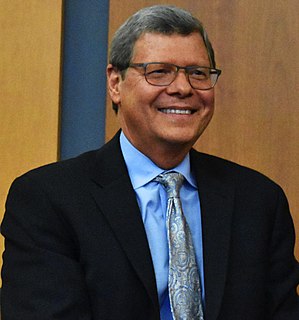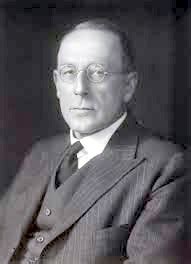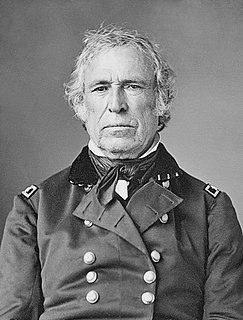A Quote by James Madison
The constitution supposes, what the History of all Governments demonstrates, that the Executive is the branch of power most interested in war, and most prone to it.
Quote Topics
Related Quotes
The Constitution supposes what the history of all governments demonstrates, that the executive is the branch of power most interested in war and most prone to it. It has accordingly with studied care, vested the question of war in the legislature. [If a president is successful in bypassing the Congress] it is evident that the people are cheated out of the best ingredients in the government, the safeguards of peace which is the greatest of their blessings.
People assume that the executive branch has more power than it actually has. Only the legislative branch can create the laws; the executive branch cannot create the laws. So, if the executive branch tries to create a branch one side or the other... you go back to the founders of the nation. They set up a system that ensures that it doesn't happen.
The Constitution expressly and exclusively vests in the Legislature the power of declaring a state of war [and] the power of raising armies.... A delegation of such powers [to the President] would have struck, not only at the fabric of our Constitution, but at the foundation of all well organized and well checked governments. The separation of the power of declaring war from that of conducting it, is wisely contrived to exclude the danger of its being declared for the sake of its being conducted.
By far the most numerous and most flagrant violations of personal liberty and individual rights are performed by governments... The major crimes throughout history, the ones executed on the largest scale, have been committed not by individuals or bands of individuals but by governments, as a deliberate policy of those governments-that is, by the official representatives of governments, acting in their official capacity.
Of all the cares or concerns of government, the direction of war most peculiarly demands those qualities which distinguish the exercise of power by a single hand. The direction of war implies the direction of the common strength; and the power of directing and employing the common strength, forms a usual and essential part in the definition of the executive authority.
I take the Constitution very seriously. The biggest problems that we're facing right now have to do with [the president] trying to bring more and more power into the executive branch and not go through Congress at all. And that's what I intend to reverse when I'm President of the United States of America.






























